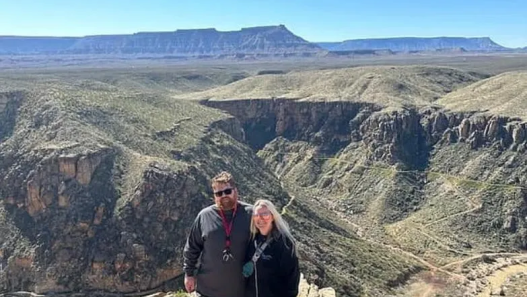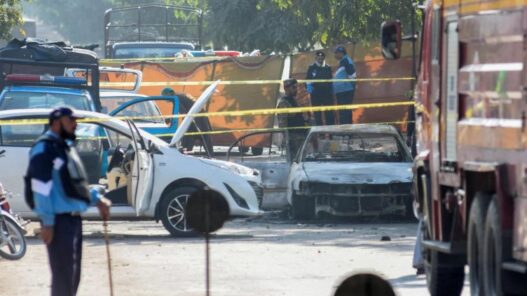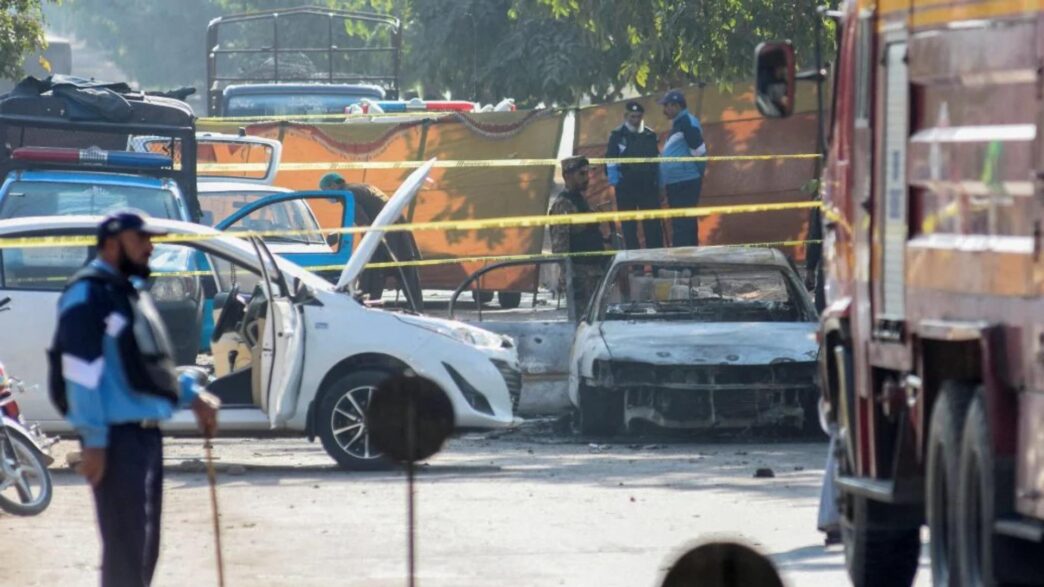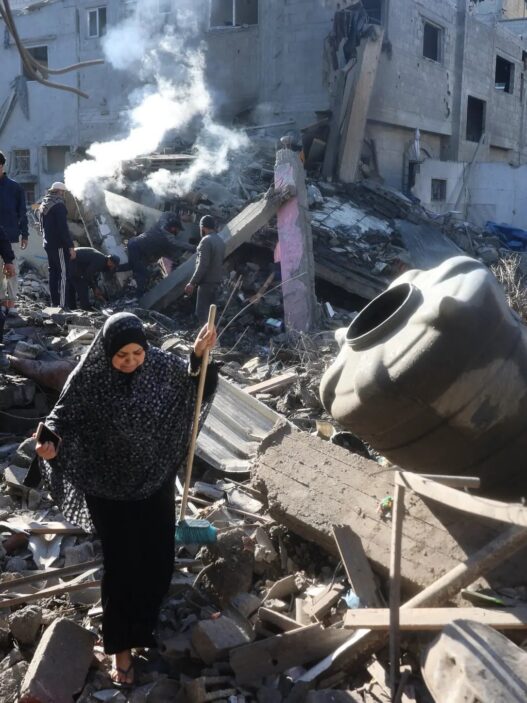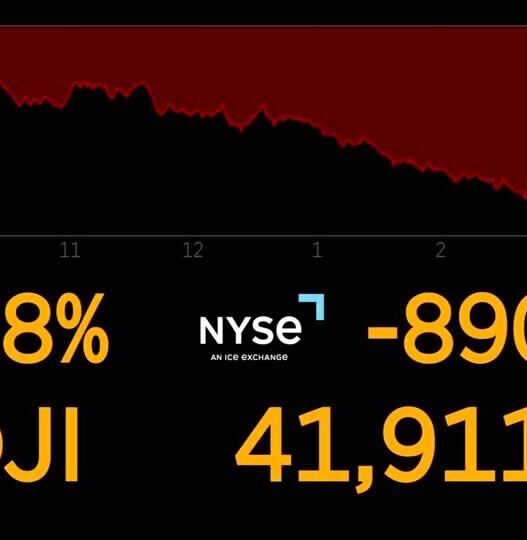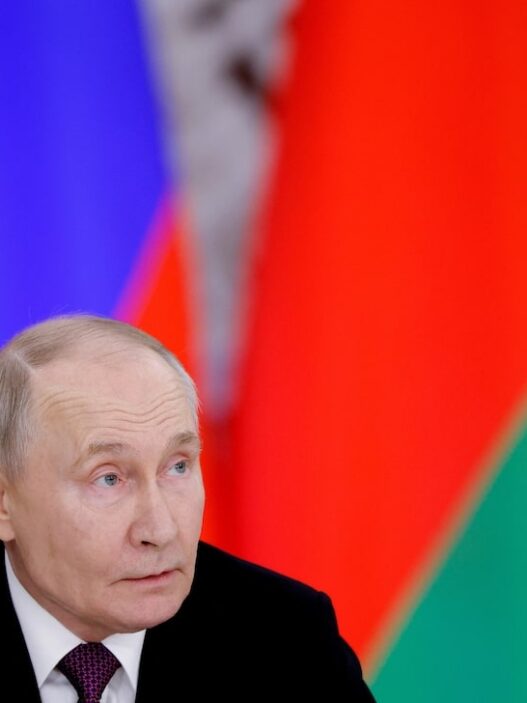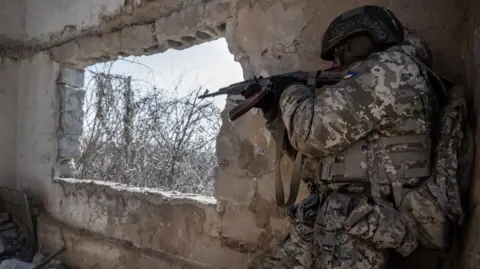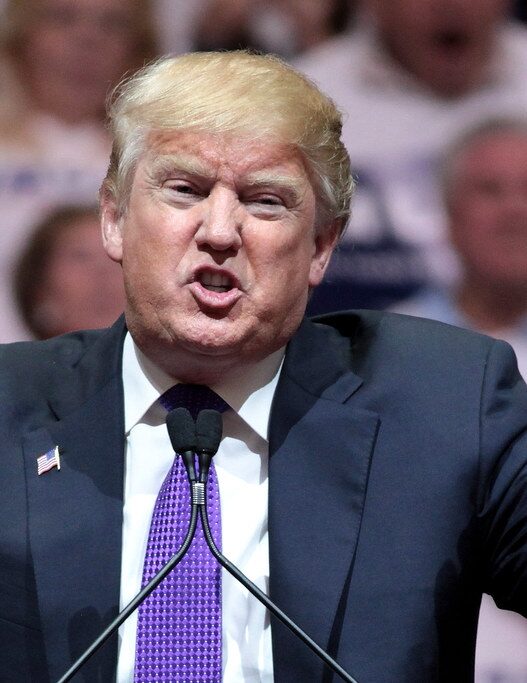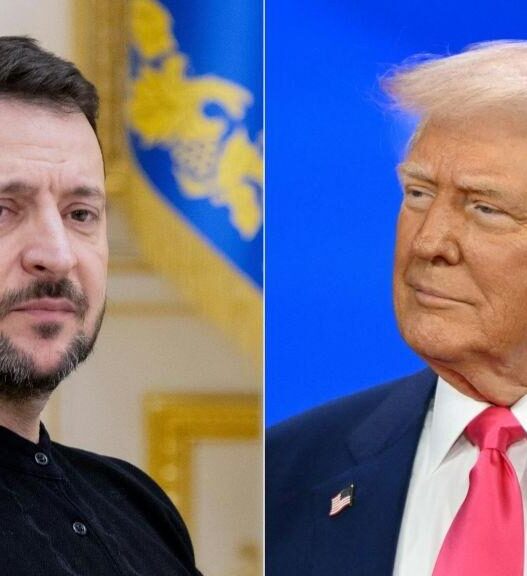A suicide bomber detonated an explosive device outside the district judicial complex in Islamabad.
Twelve people died, and dozens were wounded during a busy court day.
Officials said the attacker tried but failed to enter the courthouse.
He then detonated near a police vehicle, causing mass casualties and chaos.
Who Was Affected — Victims and Response
Local authorities reported at least 27 people treated at nearby hospitals.
Emergency teams secured the area and began forensic investigations.
President Asif Ali Zardari and other senior officials condemned the blast.
They called it an assault on civilians and the rule of law.
Witnesses described frantic scenes: vehicles ablaze, stunned bystanders, and lawyers fleeing the compound after a loud explosion.
How the Attack Unfolded
Interior Minister Mohsin Naqvi said the bomber loitered near the court entrance for up to 15 minutes.
He detonated the device close to a police car when he could not enter.
Security footage and media images showed a charred vehicle and cordoned-off streets.
Investigators began collecting evidence immediately.
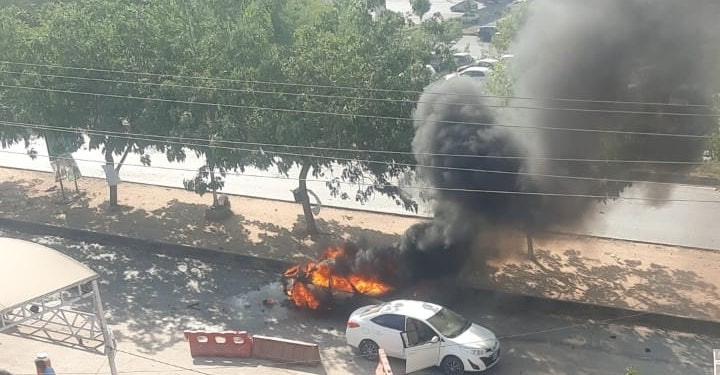
Claimed Responsibility and Conflicting Messages
A faction called Jamaat-ul-Ahrar claimed responsibility in some local reports.
The group has split and re-formed amid Pakistan’s militant landscape.
Other journalists reported conflicting messages from militant networks about central leadership involvement.
Verification of these claims is ongoing.
Political Fallout — Accusations Fly
Prime Minister Shehbaz Sharif accused “extremist groups actively backed by India.”
New Delhi rejected the allegation as baseless.
Pakistan’s leadership said the blast fits a pattern of hostile acts threatening regional stability.
India’s government called the charges unfounded.
The exchange heightened tensions between the two countries.
Regional Context — A Day of Violence Across Borders
The Islamabad blast occurred amid other high-profile attacks in the region.
A deadly car explosion in Delhi killed several people the day before.
Indian authorities referred the case to their anti-terror agency.
These near-simultaneous incidents intensified cross-border scrutiny and political finger-pointing.
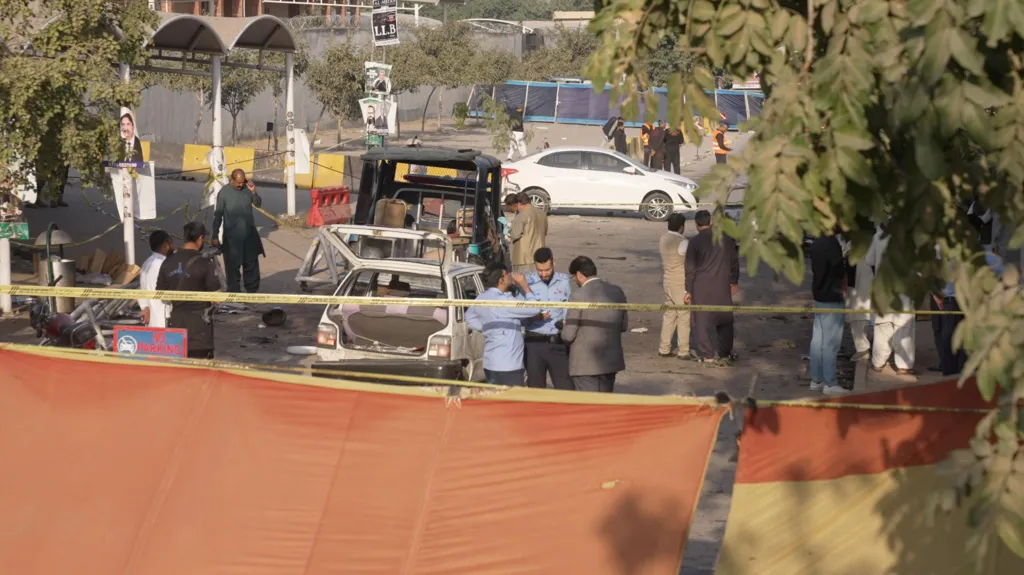
Security Trends and Historical Note
Suicide bombings in Islamabad have been rare in recent years.
The last major attack occurred several years ago, killing a police officer.
Analysts warn this blast may signal a resurgence of high-casualty militant actions in Pakistan.
It is linked to fractious insurgent networks, shifting safe havens, and regional instability.
Officials said they would pursue both the attackers and any external facilitators as part of a widened security response.
What Comes Next
Investigators continue forensic work.
Intelligence agencies are under pressure to identify the bomber and track their network.
They are also searching for possible foreign links, though Islamabad has offered limited public evidence.
Political leaders pledge accountability and swift justice.
Hospitals continue treating the injured, and courts remain on high alert.
Experts warn that managing the aftermath—proving responsibility, avoiding escalation, and keeping public calm—will be as challenging as responding to the immediate emergency.





